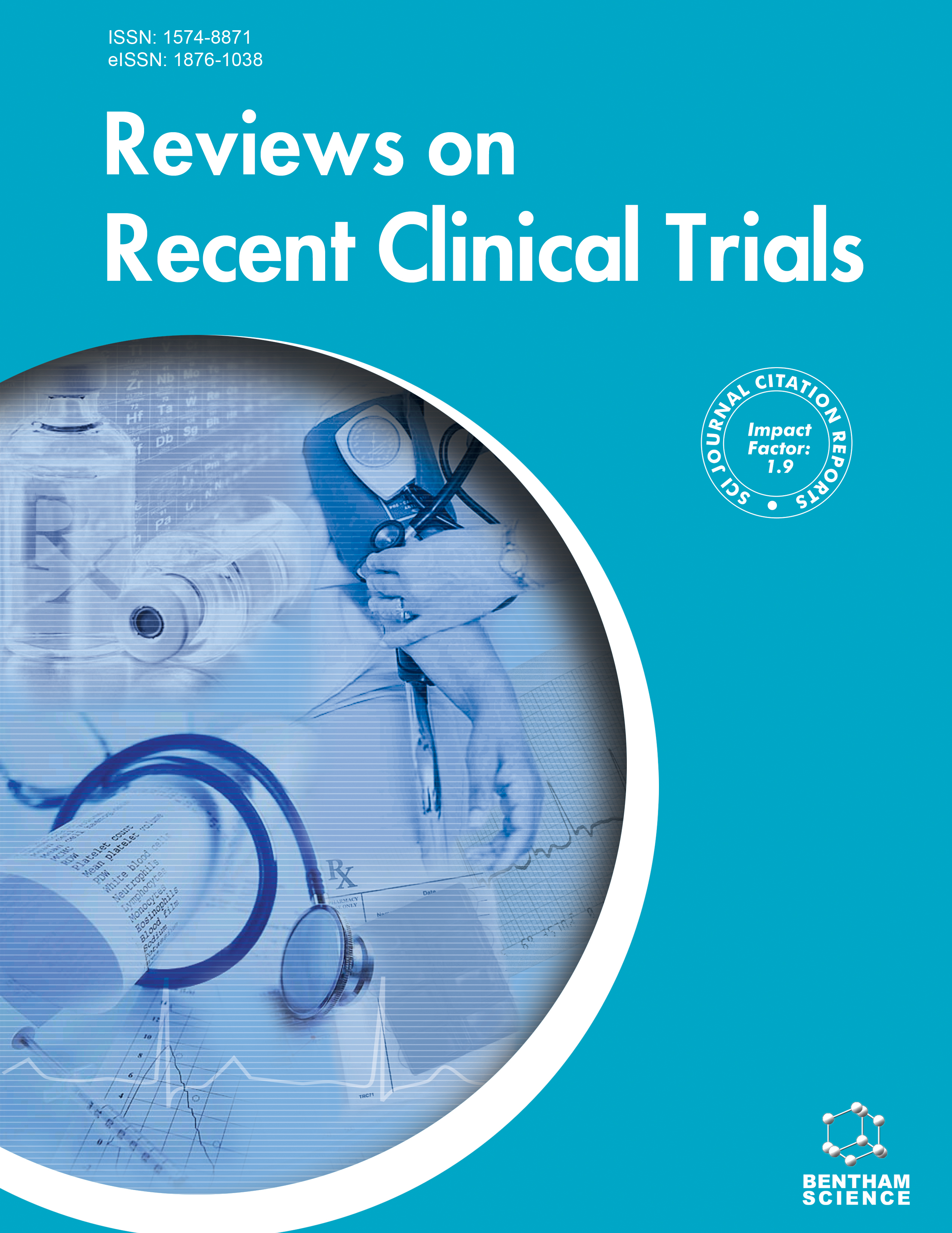
Full text loading...

An essential tool for assessing the efficacy and safety of novel therapies and interventions is the clinical trial. They are crucial for understanding disease causes, treatment effectiveness, and patient care processes. However, traditional clinical trials often suffer from inefficiencies, high costs, and extended timelines. This review explores how artificial intelligence can revolutionize clinical trials by addressing these inefficiencies in trial design, patient recruitment, and data analysis. It also discusses the challenges and solutions for incorporating AI within existing regulatory frameworks. This review is based on a comprehensive analysis of the existing literature on artificial intelligence applications in clinical trials. It includes an evaluation of studies that assess the role of artificial intelligence in enhancing trial efficiency, optimizing patient recruitment, and improving data analysis. Special attention is given to regulatory considerations, with a focus on Food and Drug Administration (FDA) guidelines and their impact on artificial intelligence integration in clinical research. The successful integration of artificial intelligence into clinical trials has the potential to optimize procedures, enhance clinical judgment, and improve patient outcomes. Artificial intelligence can streamline patient stratification, accelerate trial timelines, and enhance data analysis accuracy. However, overcoming challenges related to interpretability, data privacy, and regulatory compliance is crucial. Collaboration between researchers, artificial intelligence developers, and regulatory bodies is essential to establish guidelines ensuring artificial intelligence innovations are safe and effective. Ultimately, artificial intelligence could transform clinical research and pave the way for more personalized healthcare solutions.

Article metrics loading...

Full text loading...
References


Data & Media loading...